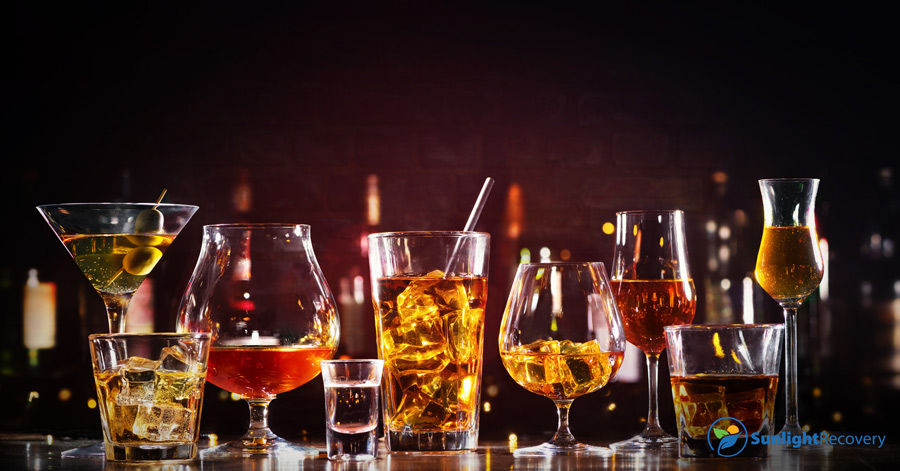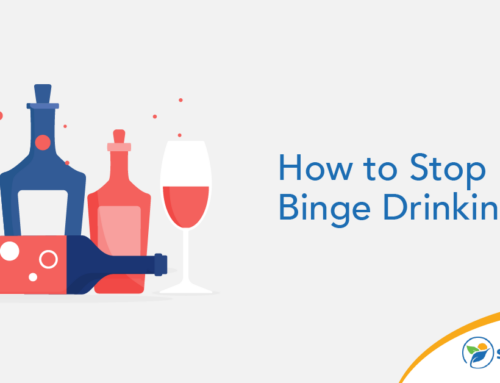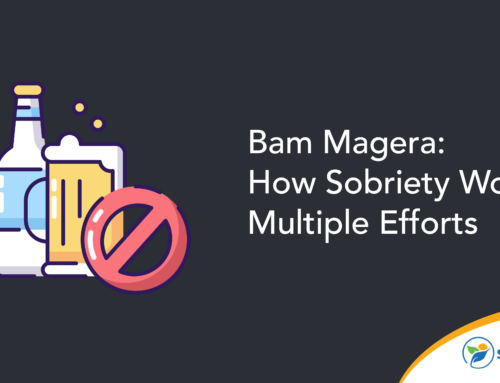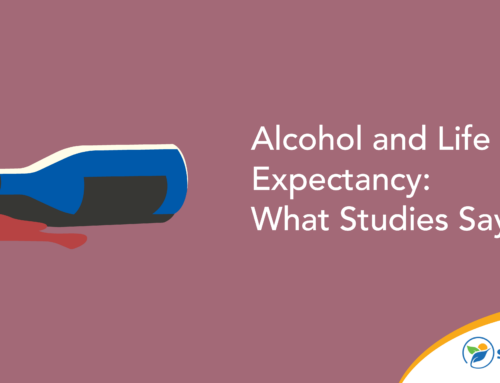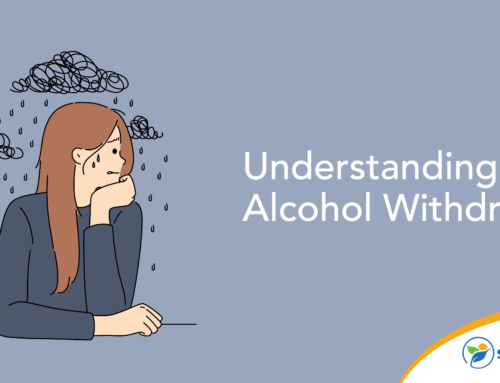Is it dangerous to mix different types of alcohol? Not necessarily, though different types of alcohol may metabolize at different rates. You might think people tend to stick with a single kind of drink they prefer, but actually, drinking habits can change depending on setting and social activity.
What’s always dangerous is mixing cocaine and alcohol, or alcohol and other drugs. Mixing cocaine and alcohol is particularly dangerous, as their opposing effects — stimulating and depressing, respectively — can cause severe reactions.
Taking a stimulant to stay awake while drinking can lead to major health complications or even death. Mixing different types of alcohol might be dangerous if you drink too much, but it isn’t as dangerous as combining alcohol with drugs.
Read on for an overview of the risks of excess drinking with other substances.
Alcohol’s Effects on the Brain and Body
Studies show a strong link between fatal cancer diagnosis and alcohol consumption. Specifically, alcohol is linked to oral cancers, cancers in the upper airways and liver cancer. Alcohol-related cancer deaths make up between 3.2% and 3.5% of all cancer deaths each year in the United States.
Of course, cancer is a long-term risk. When drinking, there are more immediate issues to deal with. When you start drinking, alcohol almost immediately starts to change the way your brain communicates with the rest of your body. This can lead to loss of coordination and changes to your decision-making process. You might start to slur your words, stumble when walking or fall more easily.
In addition, alcohol consumption also affects your:
- Heart. Long-term and occasional drinking can damage your heart muscle and cause high blood pressure, arrhythmias, cardiomyopathy or stroke.
- Liver. Heavy drinking rapidly outpaces your liver’s ability to clean out toxins and can cause fatty liver disease, hepatitis, fibrosis and cirrhosis.
- Pancreas. When you drink, the alcohol can cause your pancreas to create toxins that cause pancreatitis. When you have pancreatitis, it affects your ability to digest food properly.
Alcohol-related deaths claim more than 140,000 lives each year in the United States. Changes to your decision-making might put you behind the wheel of a car while intoxicated, putting your life and the lives of others at risk. Drinking to excess means impaired thinking and reduced reaction times, making driving and drinking a fatal combination.
Drinking can also lead to other risky behaviors, such as unprotected sex or violent encounters. While sober, you might think to walk away, but when drunk you could throw the first punch, which may end in life-changing prosecution or major injuries. Consuming even relatively small amounts of any type of alcohol can result in increased risk.
All Alcohols Are Depressants
Alcohol is a central nervous system depressant that works with receptors in the brain to make you feel good while drinking. For many people, drinking is just as addictive as heroin or morphine, but it’s readily available at your local liquor store or neighborhood bar.
No matter your drink of choice or the combination of drinks you’ve consumed, the signs of alcohol intoxication remain the same: lack of impulse control, stumbling and loss of balance, slurred speech and personality changes. When you combine alcohol with other depressant medications, you can exaggerate the effects of the alcohol and increase your risk for toxicity.
It’s often faster to get drunk while consuming mixed drinks or hard liquor, since the amount of alcohol per ounce is substantially higher than in a malt beverage like beer or a glass of wine. However, once you’ve consumed the same level of alcohol content, your risks are essentially the same.
Hard liquor may metabolize a little slower, leaving you drunk a little longer, while wine might move a bit quicker. Still, in either case, the amount of alcohol you consume is more important than the type.
But what happens when you mix cocaine and alcohol?
The Dangers of Cocaine and Alcohol
When you mix cocaine and alcohol, it creates cocaethylene, which lingers in your body for long periods. Cocaethylene increases the risk of stroke when it spikes blood pressure and narrows blood vessels. Even after consumption, the risk remains high for several weeks after a single instance of mixing cocaine and alcohol, making it a very dangerous cocktail.
When combined, cocaine and alcohol increase the risks of heart attack, stroke, violent behavior change, seizures, liver damage, coma and even death.
Is Mixing Cocaine With Wine Less Dangerous Than Liquor?
Mixing alcohol doesn’t increase your risks for any particular health outcome. The reason why myths about mixing alcohol persist may be due to the differences in serving between types of alcohol.
A standard beer is 12 ounces, while a glass of wine is 4 to 6 ounces. Hard liquor is served by the shot in a single ounce of liquid. All of these contain the same amount of alcohol, regardless of the size. Three beers is equivalent to three shots when it comes to your risk factors.
There’s no amount or type of safe alcohol to combine with cocaine. Mixing stimulants and depressants is incredibly dangerous for all drugs that fall into either category.
Weaning Off Alcohol
One of the reasons people may unintentionally mix cocaine and alcohol might be an at-home attempt to stop using an illegal drug. Experiencing the symptoms of cocaine withdrawal can make drinking sound like a good distraction. Unfortunately, due to the way alcohol and cocaine interact, this can be counterproductive and lead to worse cravings for a longer period of time.
When weaning off alcohol, it’s important to treat all types the same. If you typically drink a bottle of wine with dinner and want to cut back, that doesn’t mean changing to half a bottle of wine and a couple of beers. If you’re struggling to reduce your alcohol consumption, a medical detox program may be the best option. With 24/7 monitoring and medications that can help with cravings, you get help managing the entire process.
If you or a loved one drinks to excess or is mixing cocaine and alcohol, it’s time to get help. Alcohol use disorder is life-threatening, but there are treatments that can help you get and stay sober at Sunlight Recovery. Call today to speak with one of our mental health professionals and discuss your options for detox and treatment.


